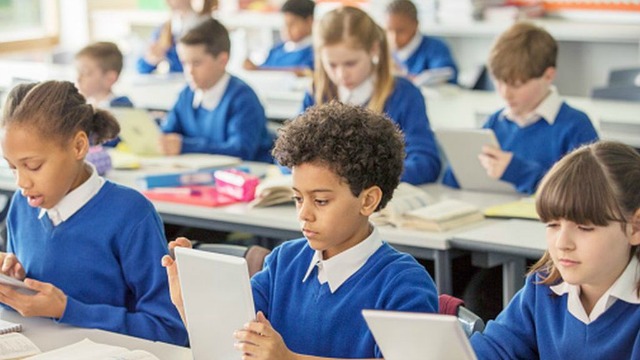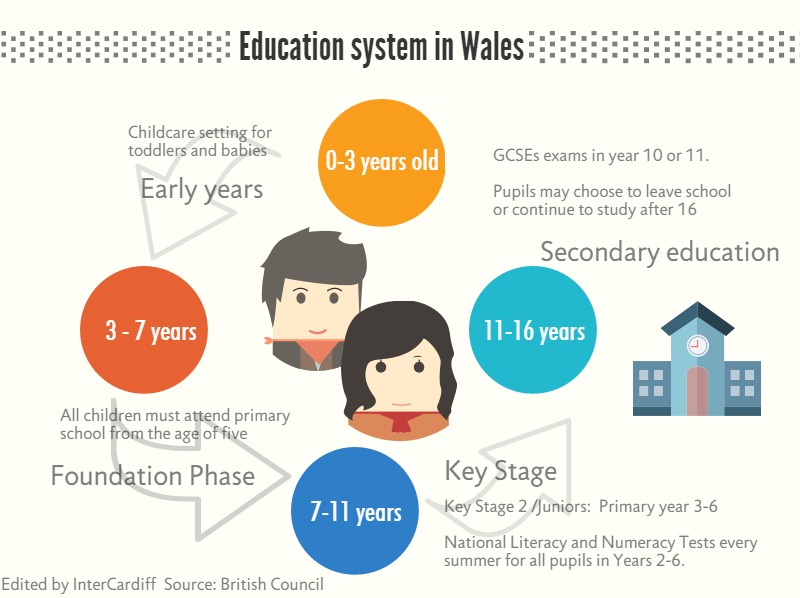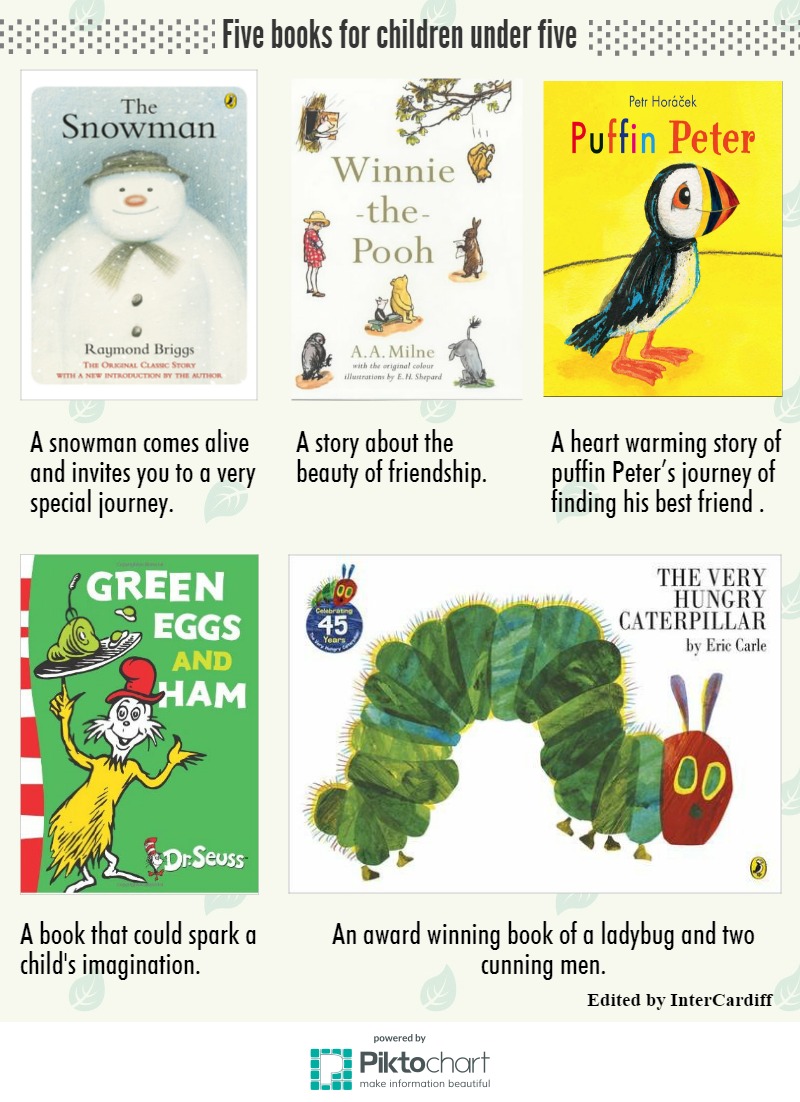Functional illiteracy in primary school is impairing children’s future. What can we do to reverse the situation?
Rooms decorated with warm-toned wallpapers and various ornaments, clumsy drawings hanging on the wall, colorful rugs cover the floor and toys all over the place. Most of the day, the room is full of noise with kids crying, singing, laughing and babbling. It is a normal scene for every nursery.
Nowadays these nurseries have turned out to be the lifeline for many parents who send their kids to the childminders. Most of the kids grow up playing and learning basic communication and learning skills with their peers in the nurseries.
However, Save the Children, a national campaign group, says that by 2021, nearly 26,000 children in Wales are at risk of leaving primarily school without being trained to read well. This means that children at the age of 11 will be unable to understand the purpose of text and have lesser appreciation for different words and language.
According to the same report, early language skills affect children’s reading abilities when they attend school. The impact of being an insufficient reader and communicator could last a lifetime, both academically and economically. They would get stuck struggling in school and there’s a chance they would end up earning 16% less than those adults with functional literacy in the future.
“The importance of children’s reading can’t be overestimated. It enriches them financially and socially, giving them better chances in life,” says Mimi Thebo, a novelist and writer for children and young adults. “And it can also give them a framework for ethics, increase empathy and allow young readers to better recognise prejudice and discrimination.”
With an attempt to unlock potentials and opportunities for children both at school and in the future, Save the Children, in collaboration with the Welsh Books Council and Literature Wales have launched a national campaign called Read on. Get on in 2014, petitioning for a goal to elimitate attainment gap and wipe out illiteracy among primary school children by the year 2025.
“It is particularly important that children have good early language skills so they can start school with the communication tools and ready to learn to read, ” says a spokesman of Save the Children. “But children living in poverty are disproportionally more likely to struggle with early language skills.”
For poor families, things can be difficult to manage. “Parents need access to books, time and a quiet environment to make an effective story time routine with their children,” says Mimi.
It is estimated that over 10,000 children living in poverty in Wales would suffer from not being able to read well by 2021 if no action is taken now.
Government’s support is highly needed, in terms of investment in the quality of early education workforce and more support for parents.
Cardiff government currently offers free part-time flying start for 0 to 3 year-old and Early Years Funding of a list of bilingual nurseries for three to four years old. Parents also have options to send children to other private nurseries.
Also, early this year, a new £6.3m Welsh Government program has been secured in a bid to help improve childcare conditions. The money will be used in training the educators so that the children can get proper and quality support.
“Children’s early years are vital to their future development, which is why we are committed to ensuring they get the very best start in life,” says Lesley Griffiths, Minister for Communities and Tackling Poverty in Welsh Government.
Along with governmental efforts, the role of the parents is equally important in the early education of the children. Although there is a debate if the children below the age of five should be sent for school for formal education, many parents want their children to start the learning process early, even if at the cost of depriving them the childhood fun.
Andrea Longman, a mother of two from Cardiff, is aware of her daughters’ education at a very early stage. “We read with my eldest daughter every evening at bed time since she was one and now mostly she reads to us,” says Andrea.
Andrea’s daughter who is five years old now has a reading level of an 8-9 year old while some of her peers have not started learning yet. She believes it’s more important to inspire children to enjoy reading and have fun rather than force them to learn things for education’s sake.



